Caring for penguins at Edinburgh Zoo and beyond
24/10/2023 in Edinburgh Zoo
At the Royal Zoological Society of Scotland (RZSS), our charity’s expert vets work with keepers and conservation scientists to provide the highest standard of care to all our animals through performing health checks, x-rays, taking blood samples, administering medication and surgery. Their expertise and research also contribute to our understanding of how to better protect wildlife, supporting vital conservation here in Scotland and around the world.
Veterinary surgeon Dr. Stephanie Mota tells us about how the team look after the penguin colony at Edinburgh Zoo.
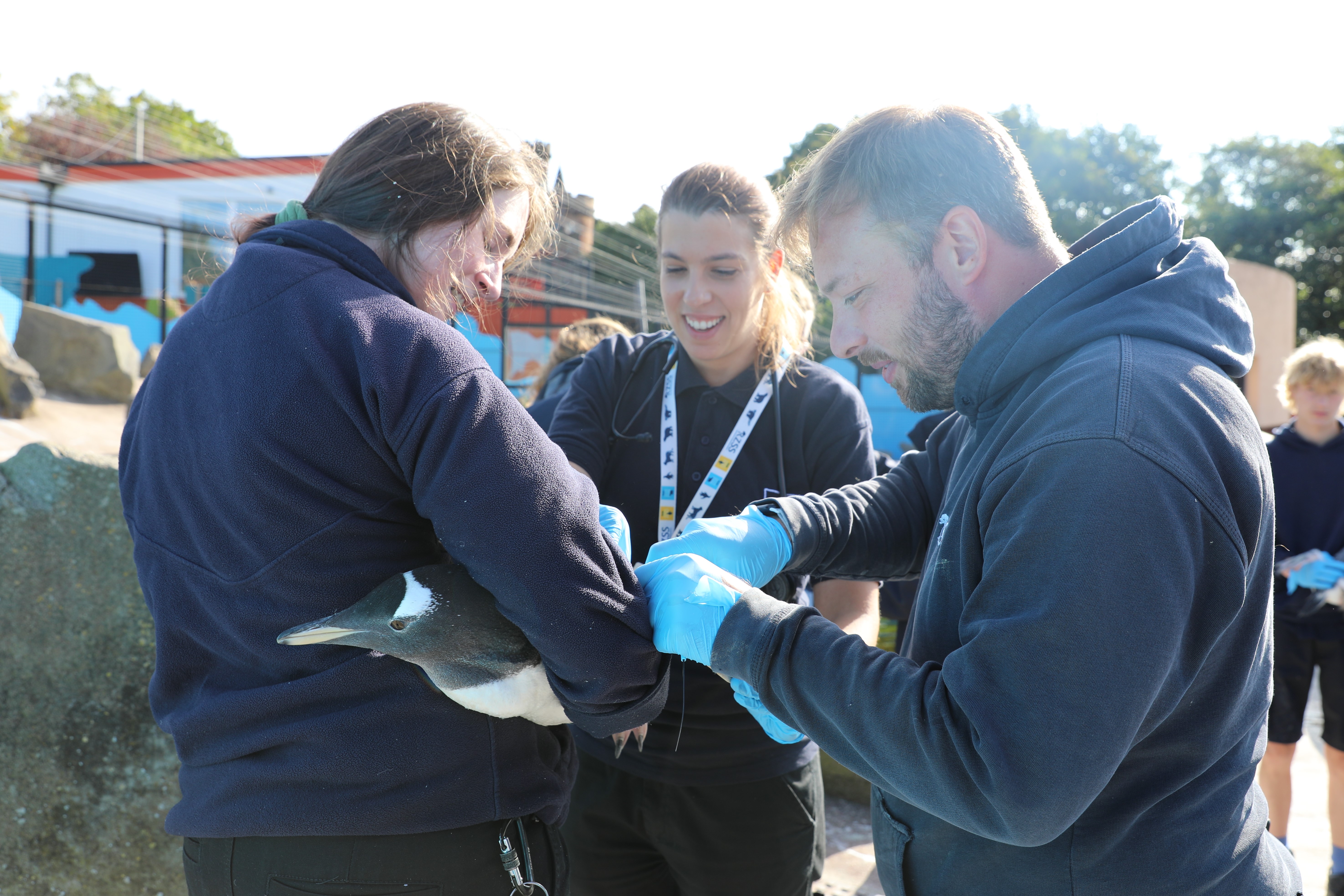
Caring for our penguin colony
We have over 100 penguins at the zoo, made up of three species – king, gentoo and Northern rockhopper. Together with their keepers, we ensure all of our penguins are well looked after, especially during breeding season to ensure all the chicks grow up healthy.
At the end of this year’s breeding season, when the chicks were old enough to separate from their parents, as they would in the wild, we caught up all the young penguins to do health checks and vaccinations. It’s not possible to know if a penguin is male or female by its external appearance alone, so we also take a small blood sample to determine their sex at this time.
When examining a penguin, our lovely keepers always keep their tails pointed towards the ground so that the team are protected from their greatest weapon - poo!
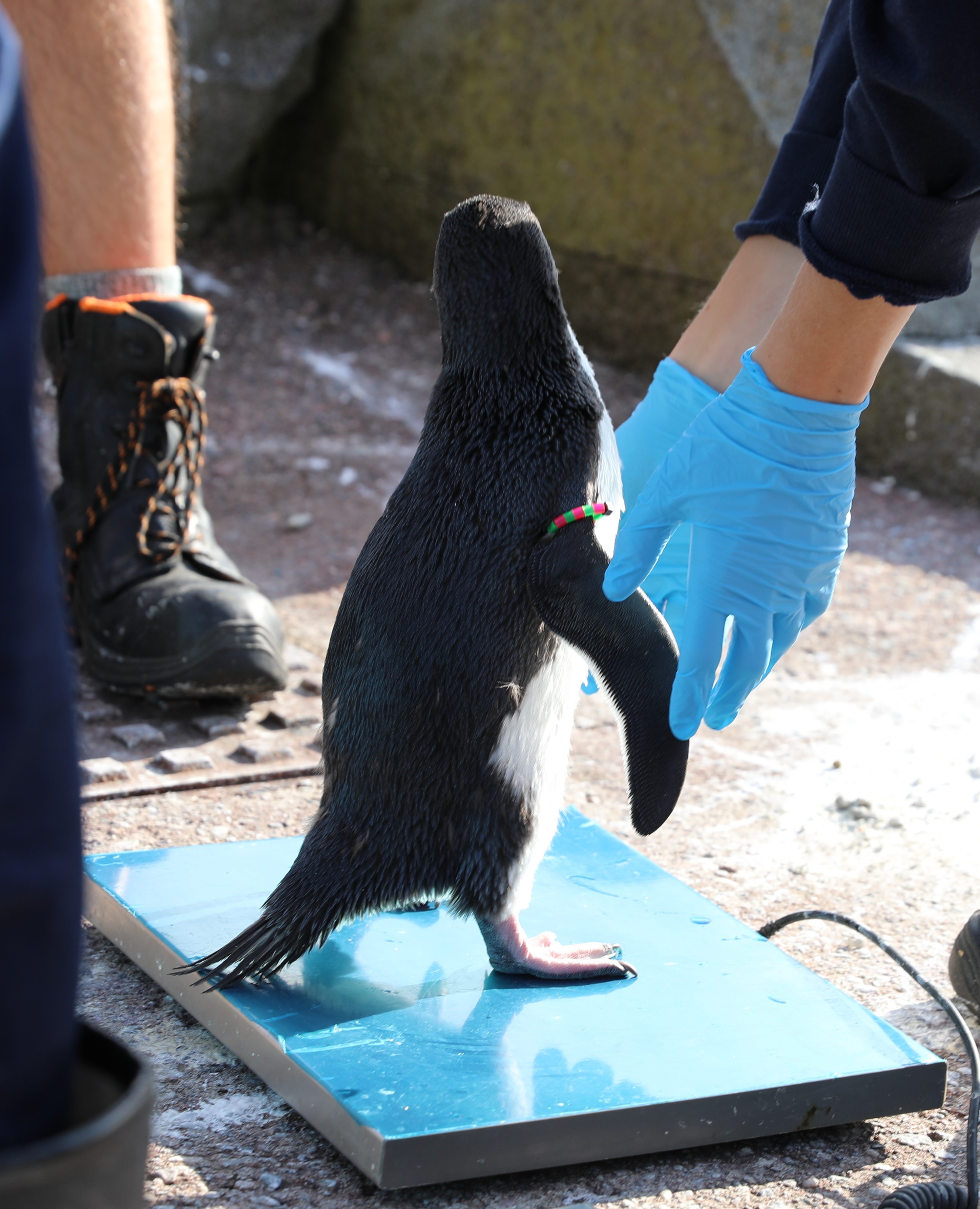
Helping penguins through research
Research is an important tool in ensuring we make the best possible decisions for the health and wellbeing of animals in zoos and for conservation interventions in the wild.
Earlier this year we published a paper exploring the detection of Aspergillosis in penguins.
Aspergillosis is a fungal disease which affects penguin species around the world. All species of penguins appear to be highly susceptible to it, and it is a significant threat to penguins in zoos. Caring for our penguin colony gives us a unique opportunity to learn more about what we can do to improve how the disease is detected and managed.
Diagnosing Aspergillosis can be a very challenging – our study explored whether a new test developed for humans would allow us to recognise the disease earlier in penguins. The device, an Aspergillus lateral-flow device (AspLFD), is easy to use and can provide rapid results. If you have ever done a covid test at home, it might look incredibly familiar! This device was developed by OLM diagnostics who provided us with the tests free of charge for this study.
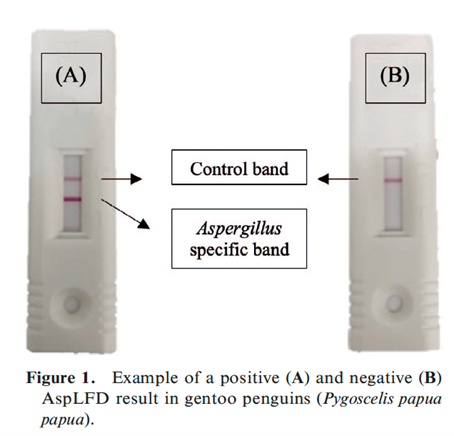
We investigated the accuracy of the tests using samples we have stored at the zoo, surplus plasma from penguin health checks and swabs from our penguins’ glottis (throat). The results of this initial paper were promising, and we hope this is a step towards being able to more easily recognise the disease and start treatment earlier. Research like this can be incredibly beneficial, helping us to continuously improve how we protect and care for our penguins. We’re excited to continue with further studies.
The Royal Zoological Society of Scotland’s veterinary team will be continuing this research thanks to grants from the American Association of Zoo Veterinarians’ Wild Animal Health Fund and the European College of Zoological Medicine Specialist “in-training” Research Grant.
Featured Articles

An update from the Budongo Forest
19/04/2024 in Conservation
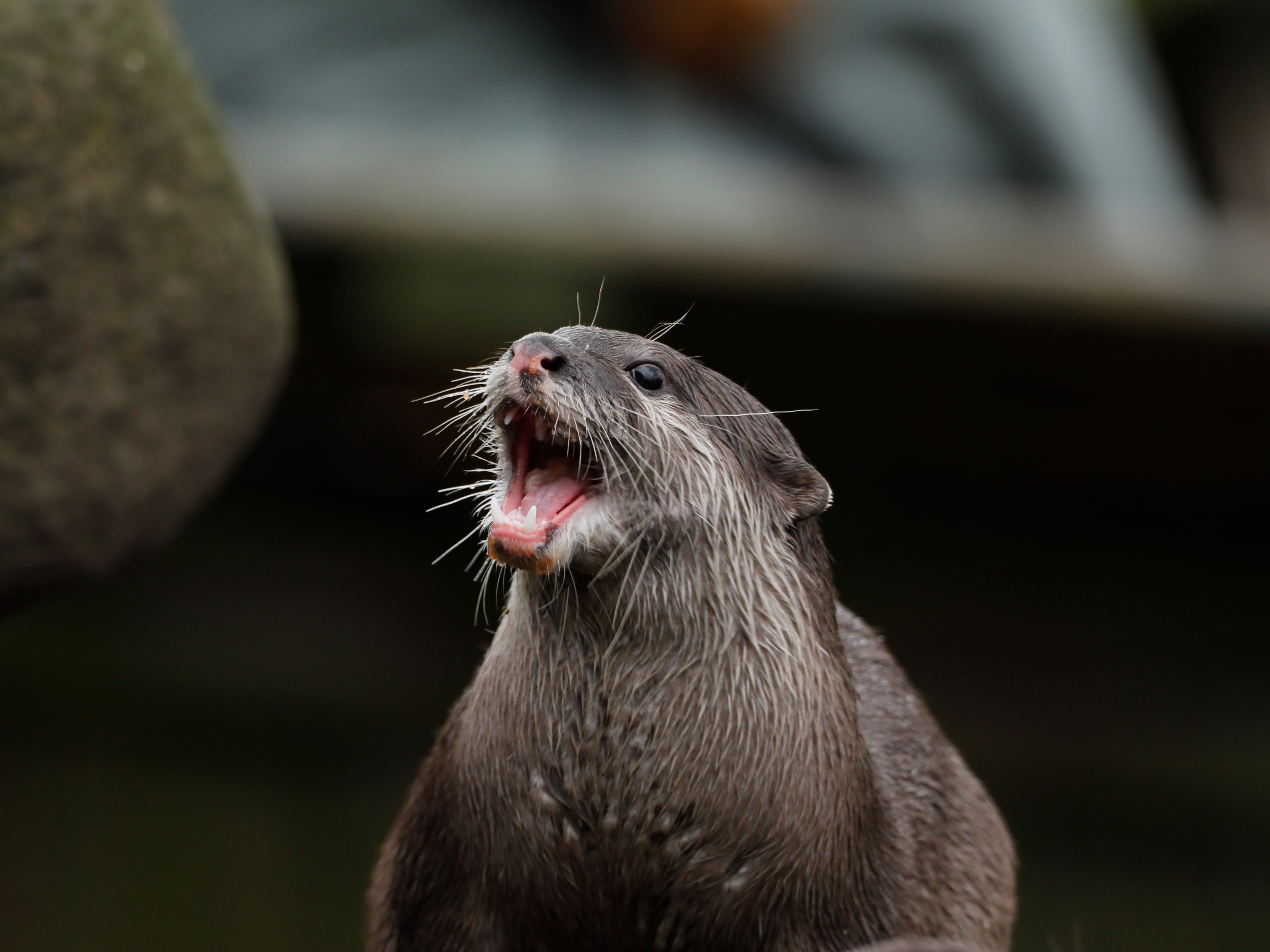
Edinburgh Zoo named best zoo in Scotland
15/04/2024 in Edinburgh Zoo







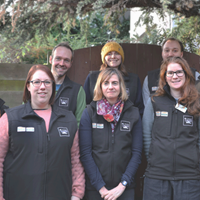
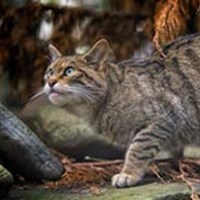

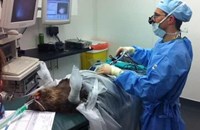







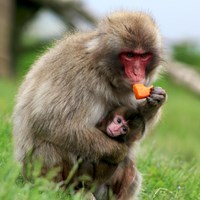

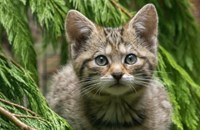




Follow EZ